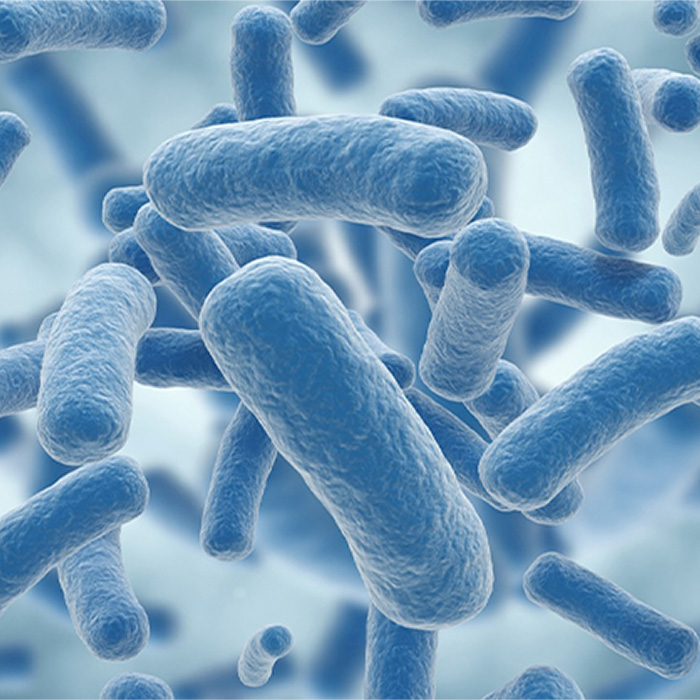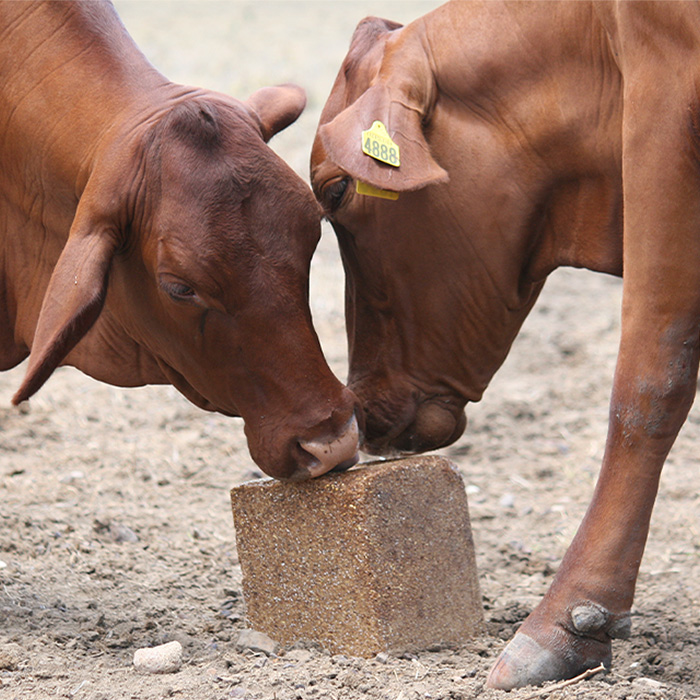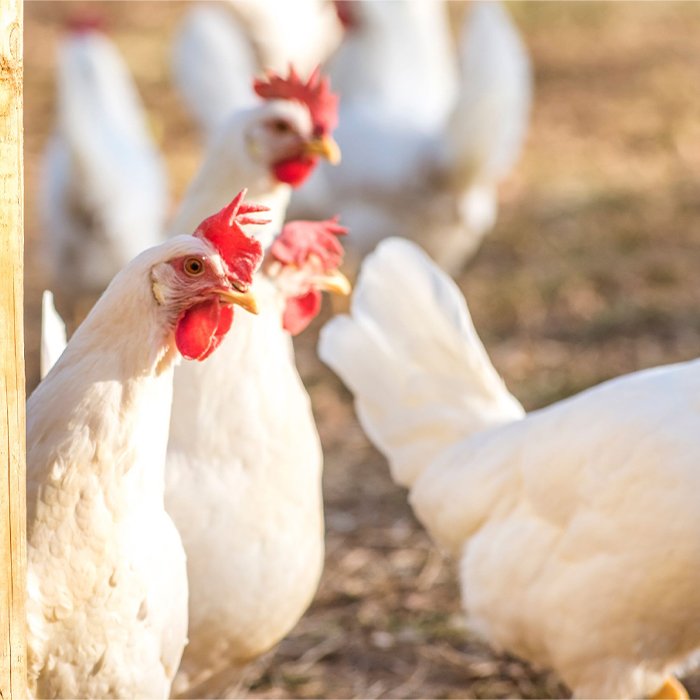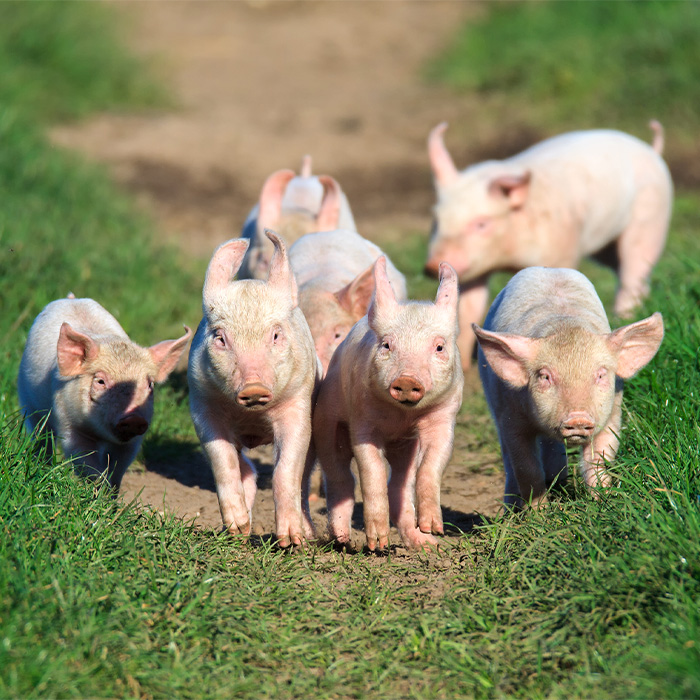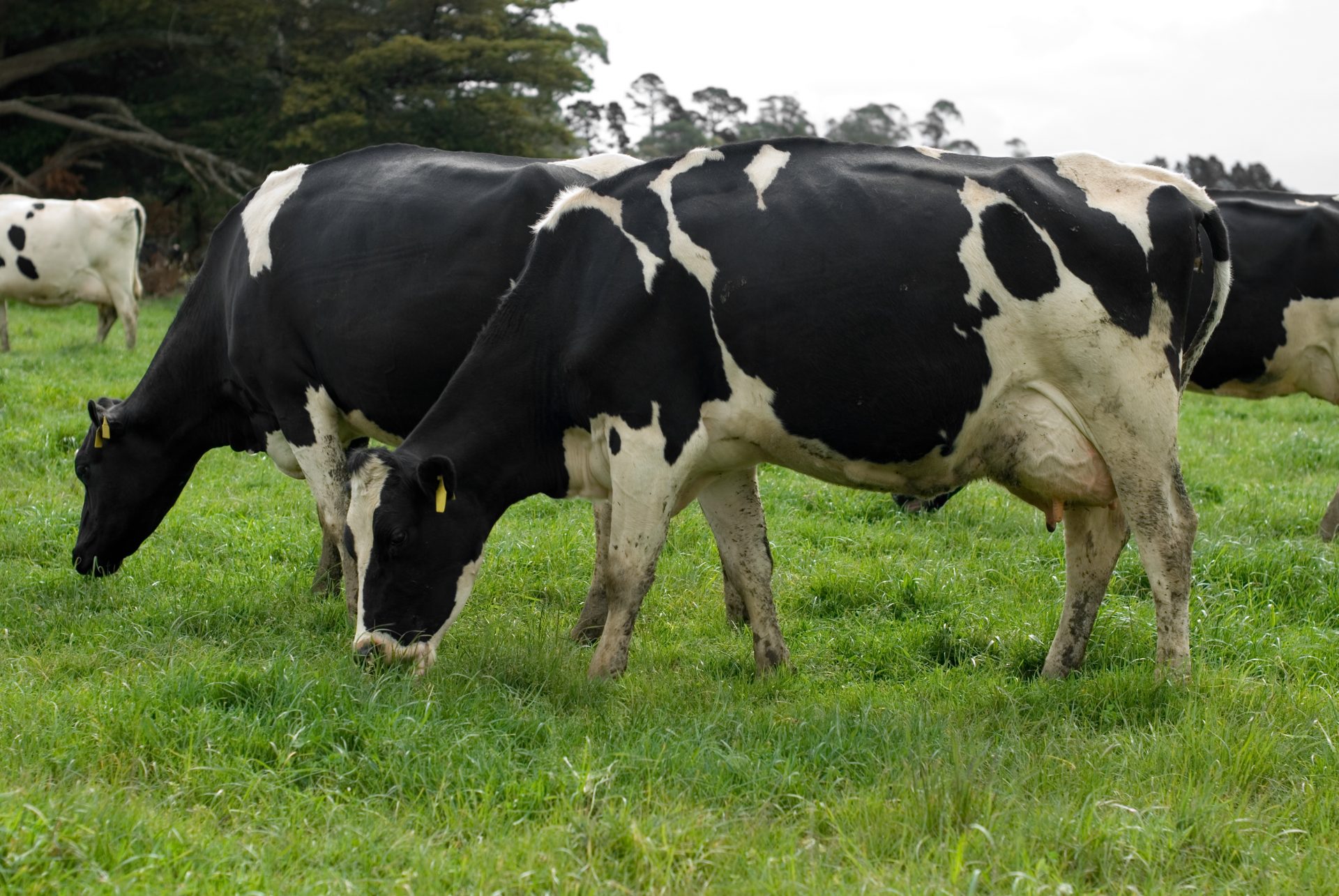Probiotics are natural bacteria that are found in soil, plants, skin and feathers of animals. The term probiotic is derived from the Latin preposition “pro” which means “for” and the Greek word “biotic” meaning “life”. Probiotics are often called good or helpful bacteria because they help to keep the gut healthy. Probiotics are widely used in humans as daily supplements and included in yoghurt, cheese, breads and drinks. The World Health Organisation (WHO) defines probiotics as “live microorganisms which when administered in adequate amounts confer a health benefit on the host”.[1]
In animal health and nutrition, there has been increased interest in the use of probiotics over the last 10 years as alternatives to other feed additives. In 2011, Nutriment Health became the Australian distributor for Chr Hansen’s Animal Health Division. Chr Hansen is a global leader in probiotics and Corporate Knights ranked them as the world’s most sustainable company in 2019.
